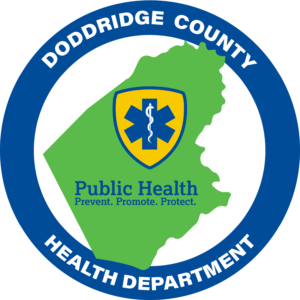March is National Colorectal Cancer Awareness Month
March is National Colorectal Cancer Awareness Month
What is the Goal of Colorectal Cancer Awareness Month?
March was officially dedicated as Colorectal Cancer Awareness Month in February 2000 by President Bill Clinton. Involvement in this awareness month has only grown over the years, with those affected by this disease rallying together to spread awareness and information. The organization Fight Colorectal Cancer says that during March and throughout the year, they fight for more research, screening, treatment options, and lives saved. Similar organizations fight for the same goal because awareness is key to screening, which is key to detecting and even preventing colorectal cancer.
Who is Affected by Colorectal Cancer?
Although many people believe that colorectal cancer only affects older adults, the disease is on the rise in younger adults, and according to Fight Colorectal Cancer, it is expected to be the number 1 cancer killer for people 20 to 49 years old by 2030. With that being said, the disease is still more common in adults over 50 years old. The risk is greater for those with a first-degree relative with colorectal cancer compared to those with no family history of the disease. Other factors that can increase a person’s risk include a personal history of colorectal polyps or cancer, certain inherited syndromes, smoking and alcohol use, and a sedentary lifestyle. Those with Inflammatory Bowel Disease, such as ulcerative colitis or Crohn’s disease, are also at a higher risk for colorectal cancer and should be screened more often.
Why is Colorectal Cancer Screening So Important?
Cancer in the colon or rectum most often begins as a polyp on the inner lining that becomes cancerous over time, often over several years. The goal of colorectal cancer screening is to identify and remove polyps in their beginning stages so that they never have a chance to turn into cancer. According to the American Cancer Society, colorectal cancer has a 90% survival rate when found and treated early. Unfortunately, many colorectal cancers are detected after they have already spread. Regular screening, scheduled more often for those with certain risk factors, is crucial to detecting this disease early so the right treatment methods can be put in place. There are many screening options for colorectal cancer, with colonoscopy being the gold standard.

